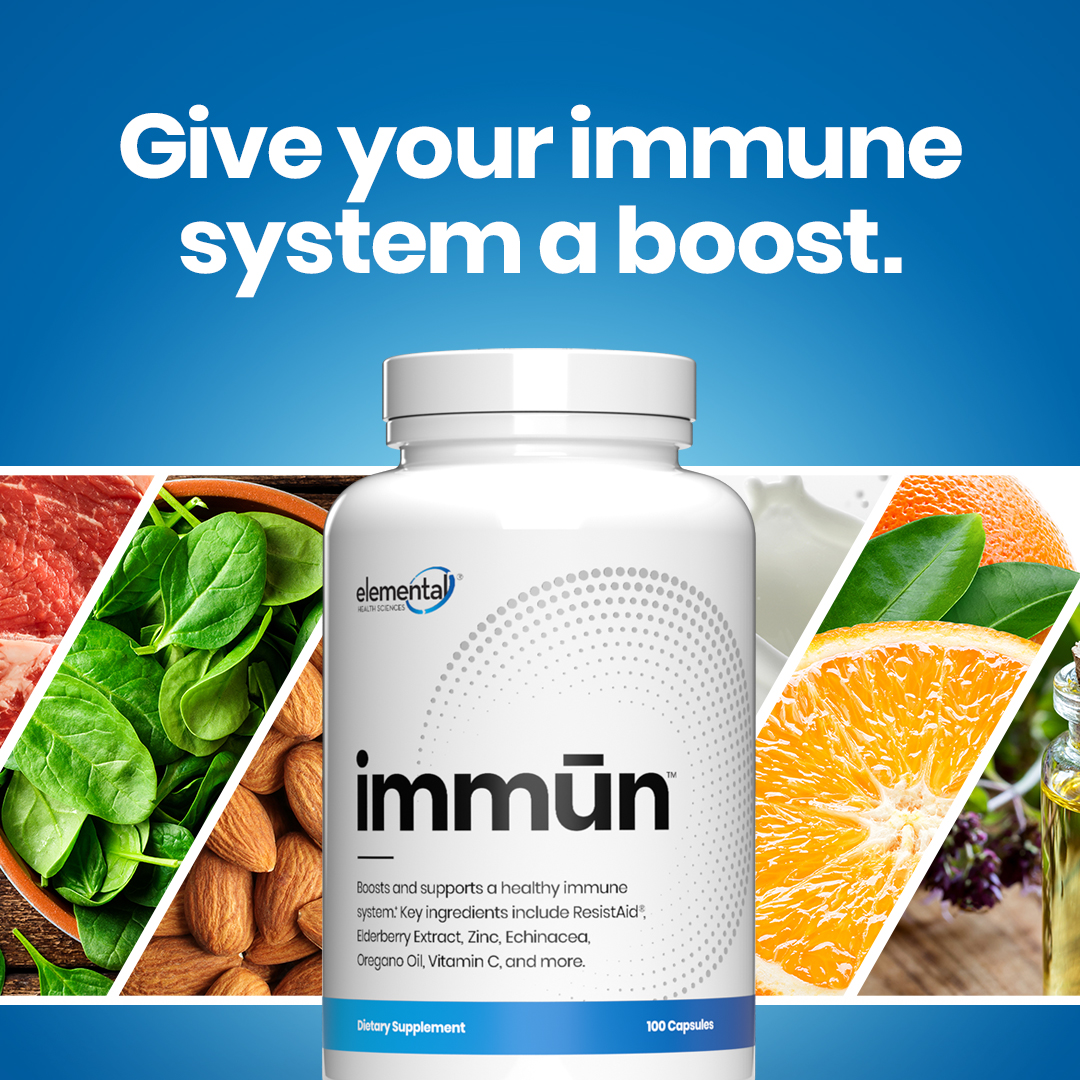Our heart is the engine of our bodies. It pumps blood through our vessels to deliver nutrients and oxygen to our organs. Without it, we would not survive. You’d think we’d pay better attention to keeping this all-important organ healthy. Yet, according to the Centers for Disease Control and Prevention, heart disease is still the leading cause of death for people of most racial and ethnic groups in the United States year after year. That translates to about one in every four deaths in America or roughly 659,000 people each year.
What’s going on here? Well, obesity is a major culprit. Unfortunately, Americans are heavier than ever, with the National Institutes of Health predicting that nearly 64% of the U.S. population will be overweight or obese by 2025. A poor diet is also a contributing factor. Cholesterol levels, blood sugar, and blood pressure all play a role in heart health. However, heart disease is not inevitable. Although some risk factors, such as family history, sex, or age, cannot be changed, we can take back control by making heart-healthy lifestyle choices.
Here are five lifestyle changes you can make today to keep your ticker in tip-top shape!
1. Stay at a healthy weight.
Excess weight can cause chaos for your heart by increasing blood pressure and cholesterol levels. It causes your heart to work harder to pump blood throughout your body and build up fat in your arteries. Achieving and maintaining a healthy weight can be one of the best things to do for heart health.
If you need to lose weight, develop a realistic and steady diet plan of dropping half a pound to two pounds per week until you reach a healthy weight. Most importantly, once you’ve reached that healthy weight, create a maintenance plan so you won’t have to repeat the process all over again.
2. Exercise regularly.
The benefits of exercise are endless. Exercise can help you maintain a healthy weight, manage stress, and keep your heart strong. It can also help manage other chronic diseases and decrease your risk of stroke. If you have an inactive lifestyle, you are twice as likely to develop heart disease. Making more small movements throughout the day, like choosing to take the stairs rather than the elevator, can positively impact your heart.
Start exercising at least 30 minutes a day, five days a week. Incorporate walking, jogging, cycling, swimming, dancing, yoga, or any physical activity you have always wanted to try. For better results, add in resistance training twice a week. Remember, something is always better than nothing!
3. Eat a heart-healthy diet.
A poor diet is a major risk factor for heart disease. Baked goods, deep-fried foods, stick margarine, frozen pizza, and refrigerated dough are just a handful of the big trans-fat culprits out there. Trans fats are a double danger to your heart because they lower the “good” cholesterol and increase the “bad” cholesterol. It is best to try to avoid these foods.
Another thing to focus on is increasing your fiber intake by eating more fruits and vegetables. Both are rich in fiber, and they will naturally lower your cholesterol and make you feel fuller, which helps prevent overeating.
Additionally, replace red meat with chicken or beans, nuts, and seeds a few days weekly. Studies show that you really shouldn’t eat red meat more than twice a week because it is high in saturated fat, which increases cholesterol.
Fish is another excellent protein source and is a perfect substitute for red meat. As a bonus, fish rich in omega-3 fatty acids are known to decrease inflammation, and inflammation can lead to heart disease. Omega-3s are vital to your diet because they are considered essential fatty acids. They are essential because our body can’t produce them independently, so they need to come from food or supplements. If you don’t like fish, Multi-Source Omega-3 by Trailhead Nutrition is an easy way to implement your nutrition and support cardiovascular health!
4. Know your cholesterol numbers.
There are two basic kinds of cholesterol – low-density lipoprotein (LDL or “lousy”) and high-density lipoprotein (HDL or “healthy”). LDL cholesterol can collect in your arterial walls, raising your risk for heart disease and stroke. HDL cholesterol absorbs cholesterol in your body and brings it back to your liver, which flushes it out of your body. It can help lower your risk of heart disease and stroke.
For most healthy adults, total cholesterol (LDL + HDL) should be less than 200 mg/dL, your LDL less than 100 mg/dL, and your HDL greater than 40 mg/dL (above 60 mg/dL for even more benefit).
5. Quit smoking.
Smoking harms your lungs and damages your heart, doubling your risk of developing heart disease. However, even after years of smoking, you can reverse the damage. After 20 minutes of quitting, your blood pressure will decrease, and your heart rate will slow to a normal rate. Your blood’s carbon monoxide levels will go back to normal within 12 hours. After one year of not smoking, your risk of heart disease is half that of a smoker. If you continue five years of not smoking, your risk of stroke is the same as a non-smoker. Then, after 15 years, your risk of heart disease will be the same as someone who has never smoked. Better health is right around the corner!
**Always consult with your health care provider before taking any new supplements or starting any nutrition, diet, exercise, fitness, or wellness program.
------------------
About the Author: Brittinie Wick is an Air Force Veteran turned Health and Fitness Coach who founded Brittinie Wick Fitness. Her mission is to empower all women, through fitness and nutrition, to gain confidence, lose weight, and celebrate the feeling of strong and sexy. Grab her “Healthy at Every Age” guide! This ebook is aimed at people just like you, who want to live their BEST, MOST ACTIVE life, starting TODAY and continuing deep into the future!









